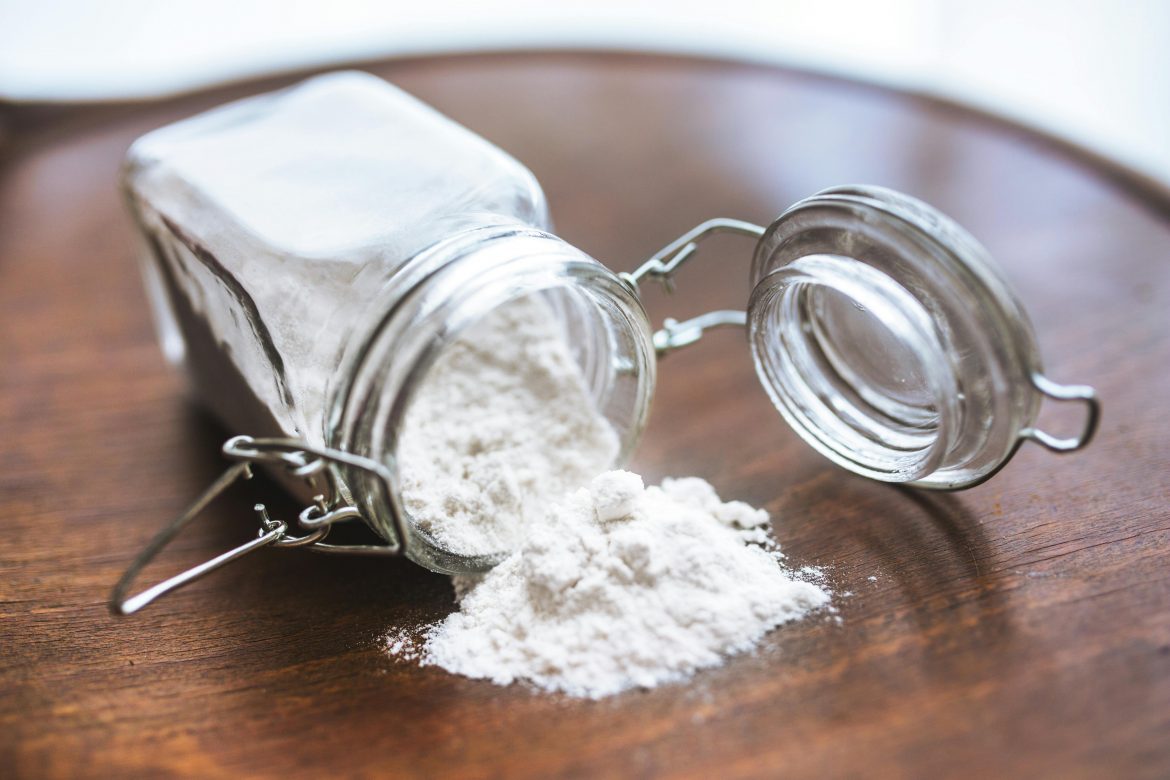Baking soda, a common household item often used for cooking and cleaning, has recently become a viral sensation on TikTok. According to influencers, baking soda water has a ton of health benefits.
They’re claiming that drinking a small amount of baking soda mixed with water can lead to weight loss, improved endurance, and even a reduced risk of cancer. However, experts caution that these claims are not only unsupported by scientific evidence but may also pose serious health risks.
What exactly is baking soda?
Baking soda, or sodium bicarbonate, is a white powder that reacts with acids to produce carbon dioxide gas, which causes the dough to rise. Beyond its culinary uses, it’s also employed as a cleaning agent, deodoriser, and occasional antacid. When dissolved in water, baking soda becomes slightly alkaline, with a pH of around 8.5, which can neutralise acids. This property has led to its use in various home remedies, but experts warn against consuming it without proper guidance.
@lisakilgournutrition The baking soda water trend has got to stop! Video on Borax @Lisa Kilgour, Nutritionist #bakingsodahack #alkalinewater #alkaline #alkalinediet #undietingmethod ♬ original sound – Lisa Kilgour | Nutritionist
According to an article published by Healthline, here is what you need to know before drinking baking soda water:
TikTok’s health claims: fact or fiction?
1. Enhancing exercise performance
Some TikTok users suggest that drinking baking soda water can improve athletic performance by reducing acid buildup in muscles during intense exercise. While a few studies hint at potential benefits for endurance athletes, experts like Dr. Chris Mohr, RD, emphasise that this effect varies widely among individuals. Moreover, consuming too much baking soda can lead to gastrointestinal distress, making it crucial to consult with a sports dietitian before trying it.
2. Alleviating indigestion
Baking soda is sometimes used as a quick fix for heartburn because it can temporarily neutralise stomach acid. However, this is not a long-term solution and should not replace medical treatments. Overuse can lead to an imbalance in stomach acid levels, potentially causing more harm than good.
@livingwellwithdrmichelle Make sure your gut is functioning by doing this baking soda gut test. You can do it at home! #toothdecay #gut #acid #stomachacid #guttest #bakingsodatest #health #cavities #minerals ♬ original sound – Living Well with Dr. Michelle
3. Aiding weight loss
Despite the claims, there is no scientific evidence to support the idea that baking soda can help with weight loss. Registered dietitian Destini Moody points out that the only way baking soda might reduce appetite is by causing such severe stomach upset that a person doesn’t feel like eating—a clearly unhealthy and unsustainable approach.
4. Slowing Chronic Kidney Disease
Some research suggests that sodium bicarbonate could slow the progression of chronic kidney disease (CKD). However, this should only be done under medical supervision. For those without CKD, there’s no need to worry about neutralising body acid, as healthy kidneys manage this effectively on their own.
5. Reducing cancer risk
The claim that baking soda can reduce cancer risk by making the body more alkaline is largely based on animal studies and lacks strong human evidence. Healthline experts stress that it is irresponsible to suggest baking soda as a cancer treatment, particularly when time is of the essence for those undergoing cancer therapy.
6. Lowering inflammation
There is some preliminary research indicating that baking soda might reduce inflammation, but these findings are not robust enough to endorse it as an anti-inflammatory remedy. Experts suggest focusing on a balanced diet rich in fruits and vegetables for natural anti-inflammatory effects.

Pexels
The risks of drinking baking soda water
Consuming baking soda, especially in large quantities, can have serious health consequences. With just one teaspoon containing around 1,200 mg of sodium—nearly the entire daily recommended intake for those with high blood pressure—it’s easy to see how regular consumption could lead to bloating, vomiting, electrolyte imbalances, and hypertension.
Health professionals warn against following social media trends without proper research and consultation. As Moody advises, always be sceptical of health tips that go viral—those creating the content are more concerned with views than your well-being.
ALSO SEE:
Featured Image: Pexels
This article was originally written by Maegan-Leigh Jacobs for Food&Home.

